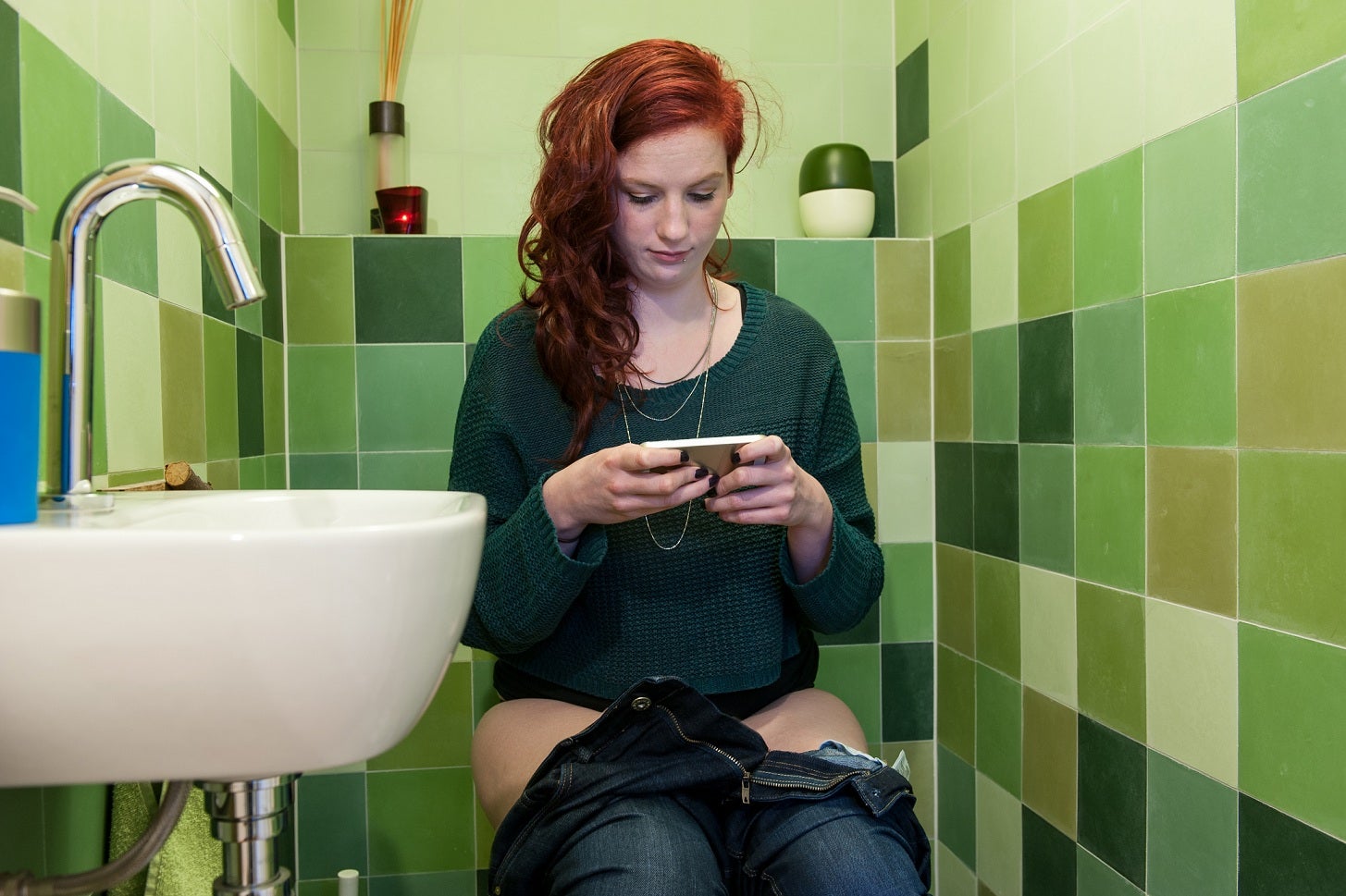You can now donate faecal matter at $40 a poop
'Your stool can change a person's life'

It's a sh*tty job, but someone's got to do it.
A group of medical students have has set up a stool bank seeking samples from donors to be used for faecal transplants.
James Burgess and Mark Smith came up with the idea after a friend, one of the hundreds of thousands of people suffering from C. difficile in the US, grew exasperated with standard treatments' inability to cure him and asked them about the faecal transplants they had been researching.
The man found a hospital willing to perform the procedure but it would have involved a six month wait, so he was forced to take matters into his own hands and perform it at home using a friend's sample.
"It’s a pretty unpleasant thing to do at home, and from our view, it's also risky because that donor is not getting the proper screening," Burgess told Free Enterprise.
Banding together with friends and a gastroenterologist, the pair decided to set up OpenBiome with a view to helping other people suffering from the bacterial infection, which paradoxically arises from prolonged use of antibiotics.
Claiming that 'your stool can change a person's life', the bank offers donors $40 per sample, with those who return five times a week earning an additional $50, working out as $250 a week (or $13,000 a year if you're dedicated).

But don't go quitting your day job too hastily, would-be donors must first pass a 109-point clinical assessment performed by a nurse and a physician.
"That process excludes a shockingly high number of people," gastroenterologist Zain Kassam said.
"Anyone who passes then undergoes laboratory investigations, so we test their stool and their blood for 27 different conditions to ensure they’re in complete health.
"Donors provide us with their poop for 60-days under medical monitoring, so if their health history changes they may be asked not to donate anymore.
"The fecal material that is donated goes into quarantine, and after the 60-day window, donors are required to pass the clinical, stool and blood tests again.
"Only if they pass all those tests does the material get released to patients. Safety is OpenBiome’s number one priority, and we have the most comprehensive safety program of anyone in the space."
Join our commenting forum
Join thought-provoking conversations, follow other Independent readers and see their replies
Comments
Bookmark popover
Removed from bookmarks